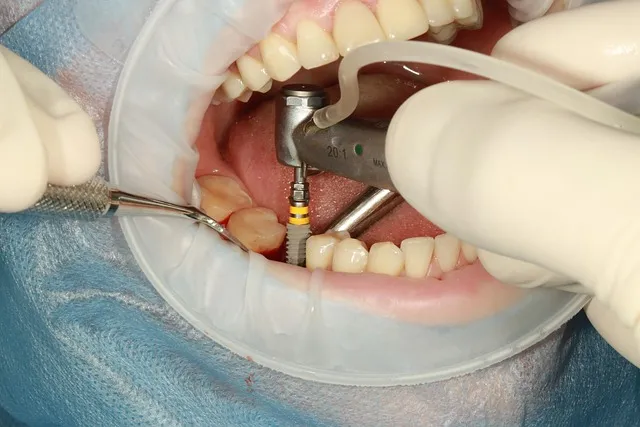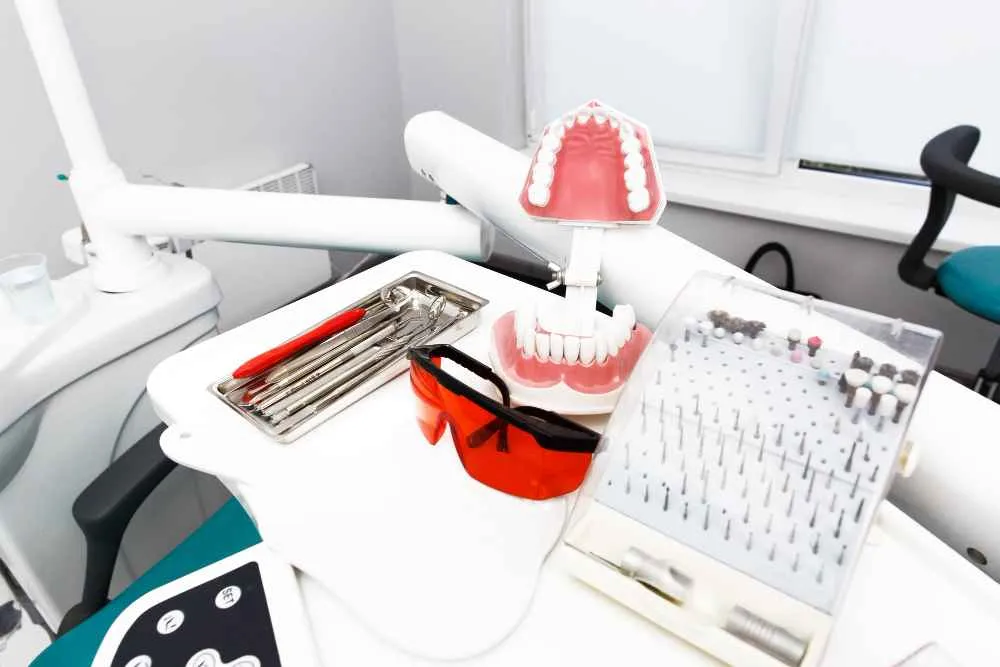Eye Movement Desensitization and Reprocessing (EMDR) therapy is a proven psychological approach that offers numerous benefits for individuals dealing with various mental health challenges. Here are 10 of the most noteworthy advantages of EMDR therapy:
1. Relief from Trauma
EMDR therapy helps individuals process traumatic memories by using guided eye movements, reducing the emotional distress associated with them.
2. Reduced Anxiety
People struggling with anxiety disorders find relief through EMDR, as the therapy helps them reprocess distressing thoughts and emotions, leading to decreased anxiety levels.
3. Effective for PTSD
EMDR has been recognized as a highly effective treatment for Post-Traumatic Stress Disorder (PTSD), helping individuals cope with and recover from the impacts of traumatic events.
4. Enhanced Self-Esteem:
EMDR therapy assists individuals in addressing negative beliefs about themselves stemming from past experiences, leading to improved self-esteem and self-worth.
5. Alleviation of Phobias:
Those facing phobias can benefit from EMDR, which helps them reframe their perceptions of feared situations and diminish the emotional reactions associated with them.
6. Processing Grief
EMDR therapy aids individuals in navigating the complex emotions related to loss and grief, enabling healthier processing and acceptance.
7. Overcoming Panic Attacks
EMDR has shown promise in treating panic disorders by reprocessing the distressing memories or triggers that contribute to panic attacks.
8. Better Interpersonal Relationships
By addressing past negative experiences, EMDR can help individuals develop healthier perspectives, leading to improved interactions and relationships with others.
9. Enhanced Emotional Regulation
EMDR assists in the development of effective coping mechanisms, enabling individuals to regulate their emotions in a more adaptive manner.
10. Accelerated Healing
EMDR therapy's targeted approach helps individuals experience quicker healing compared to traditional talk therapies, making it a valuable option for various psychological challenges.
In conclusion, EMDR therapy offers a range of substantial benefits for individuals dealing with trauma, anxiety, PTSD, and other mental health concerns.
Its ability to reprocess distressing memories and emotions paves the way for healing and personal growth, making it a valuable tool in the realm of psychotherapy.
Types of Therapy to Try if EMDR Isn’t Right for You
If EMDR therapy doesn't seem like the right fit for you, there are several other types of therapy that you can consider. Each approach has its own strengths and focuses on different aspects of mental health and personal growth. Here are a few alternatives:
1. Cognitive Behavioral Therapy (CBT)
CBT is a widely practiced form of therapy that helps individuals identify and change negative thought patterns and behaviors. It's effective for various conditions, including anxiety, depression, and phobias.
2. Mindfulness-Based Therapy
This approach emphasizes being present in the moment and cultivating self-awareness. Mindfulness-based therapies can help reduce stress, anxiety, and even improve mood.
3. Talk Therapy (Psychotherapy)
Traditional talk therapy involves discussions with a trained therapist about your thoughts, feelings, and experiences. It can provide a supportive space for exploring challenges and developing coping strategies.
4. Dialectical Behavior Therapy (DBT)
DBT is particularly useful for individuals struggling with intense emotions and difficulties in interpersonal relationships. It combines cognitive-behavioral techniques with mindfulness and acceptance strategies.
5. Interpersonal Therapy (IPT)
IPT focuses on improving interpersonal relationships and communication. It's often used to treat depression and address issues related to life transitions.
6. Humanistic Therapy
This client-centered approach emphasizes self-exploration and personal growth. Therapists using humanistic therapy provide a non-judgmental and empathetic environment to facilitate self-discovery.
7. Art Therapy
For those who find it challenging to express their emotions through words, art therapy offers a creative outlet. It can be helpful for individuals dealing with trauma, anxiety, and emotional difficulties.
8. Psychodynamic Therapy
Rooted in understanding the unconscious processes that influence behavior, psychodynamic therapy can help individuals gain insights into underlying issues and unresolved conflicts.
9. Family Therapy:
Family therapy involves working with family members to address conflicts, improve communication, and enhance relationships. It's particularly useful for addressing family dynamics and issues.
10. Support Groups
While not a traditional form of therapy, support groups provide a space for individuals with similar experiences to connect, share, and offer mutual support.
11. Solution-Focused Brief Therapy
This approach focuses on identifying and building solutions rather than dwelling on problems. It's often a shorter-term therapy aimed at creating positive changes.
Remember that the effectiveness of any therapy depends on your individual needs and preferences. It's a good idea to consult with a mental health professional who can help you choose the approach that aligns best with your goals and circumstances.
How to Find the Right EMDR Therapist for Your Needs
Finding the right EMDR therapist for your needs is an important step in your journey toward healing and personal growth. Here are some steps to guide you in finding the best EMDR therapist:
Research
Start by researching EMDR therapy and understanding what it entails. This will help you have a clear idea of what to expect and what you're looking for in a therapist.
Credentials and Training
Look for therapists who are licensed mental health professionals and have specific training and certification in EMDR therapy. EMDR International Association (EMDRIA) is a reputable organization that provides certification to EMDR therapists.
Ask for Recommendations
Reach out to friends, family, or healthcare professionals who might have recommendations for a qualified EMDR therapist. Personal referrals can provide valuable insights.
Check Online Directories
Use online directories or search engines to find EMDR therapists in your area. Websites like Psychology Today often have filters that allow you to search for therapists specializing in EMDR.
Read Reviews and Testimonials
Look for reviews or testimonials from clients who have worked with the therapist. Their experiences can give you an idea of what to expect.
Contact Therapists
Reach out to potential therapists and ask questions about their experience, approach to EMDR, and how they tailor therapy to individual needs.
Discuss Your Goals
During initial consultations, discuss your specific goals and concerns. See if the therapist's approach aligns with what you're looking for.
Assess Compatibility
It's important to feel comfortable and understood by your therapist. Trust your instincts and assess whether you feel a good rapport with them.
Inquire About Experience
Ask the therapist about their experience working with individuals who have similar issues or traumas as yours. Experience can make a difference in the effectiveness of EMDR therapy.
Cost and Logistics
Inquire about the therapist's fees, insurance coverage, and availability. Make sure the practical aspects of therapy fit within your budget and schedule.
Ethics and Professionalism
Ensure that the therapist adheres to ethical guidelines and maintains a professional demeanor.
Consult Multiple Therapists
Don't hesitate to consult with a few therapists before making a decision. This allows you to compare their approaches and find the best fit for you.
Trust Your Gut
Ultimately, trust your intuition. If you feel a strong connection with a therapist and believe they can help you, that's a positive sign.
Finding the right EMDR therapist may take some time and effort, but it's worth investing in a therapeutic relationship that can significantly impact your well-being.
Remember that therapy is a collaborative process, and finding a therapist who understands your needs is a crucial step toward your healing journey.

Reviewed by







